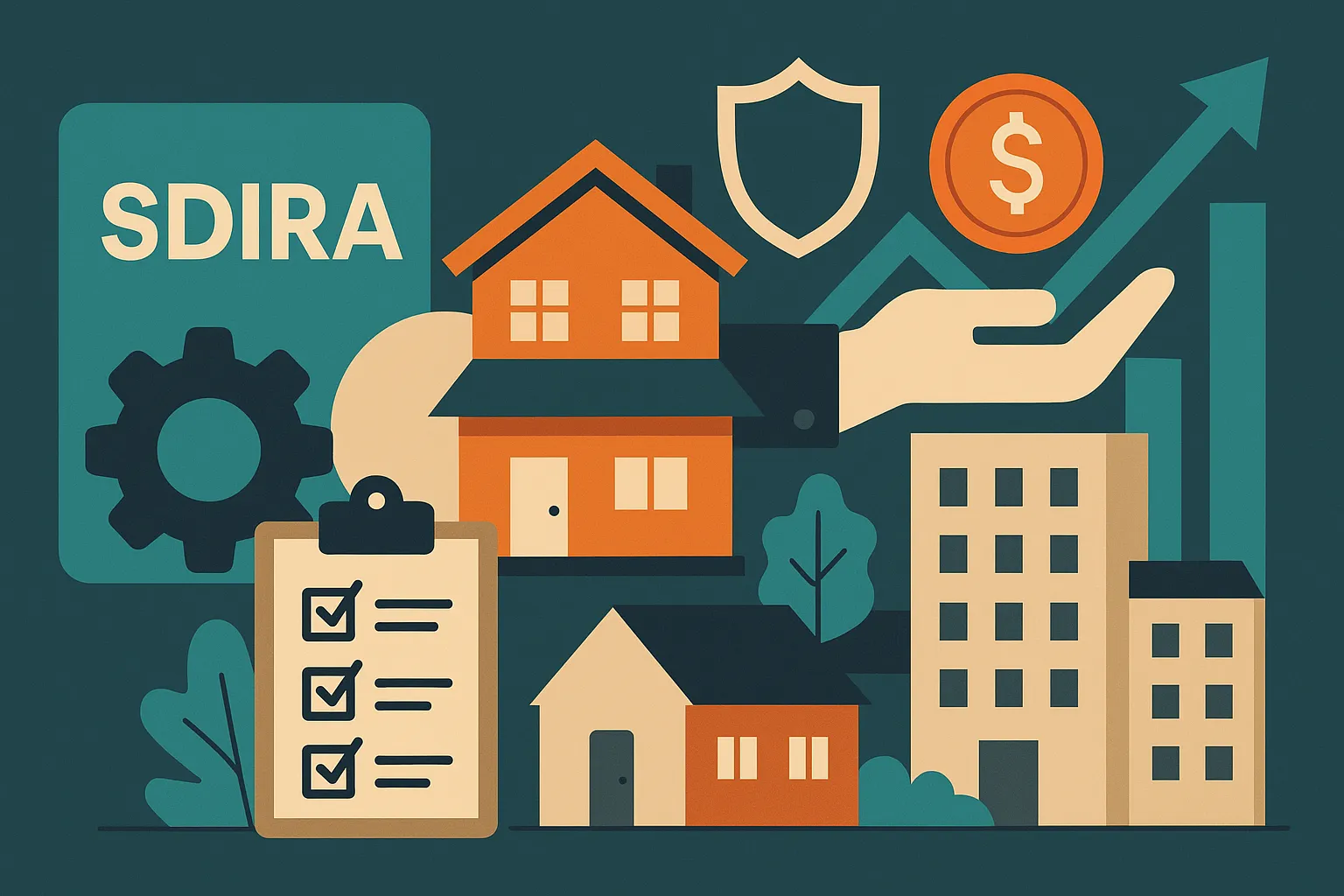What Is a Warranty Deed in Real Estate?

If you're buying your first home or diving into real estate investing, you’ll probably hear about something called a warranty deed. It might sound like complicated legal jargon, but don’t worry—it’s simpler than you think. A warranty deed is a promise from the seller that the property you’re buying is theirs to sell, with no hidden issues like unpaid debts or ownership disputes. Think of it as a safety net for your investment, ensuring that when you get the keys, you’re not inheriting any legal headaches.
What Is a Warranty Deed?
A warranty deed is a legal document that transfers property ownership from the seller to the buyer with a critical promise: the seller guarantees they fully own the property and that it’s free of any legal or financial issues. In simple terms, the seller is essentially saying, “I own this property outright, and I promise there are no lingering debts, liens, or claims tied to it.” If any such problems arise after the sale—like an unpaid debt from a previous owner—the seller is responsible for resolving them, not you. This ensures peace of mind, knowing you won’t face unexpected legal issues down the line.
Why Does a Warranty Deed Matter?
Here’s why it’s a big deal:
- Guarantees a Clean Title: The seller certifies that there are no unresolved debts or legal claims. Any unforeseen issues that surface later are still the seller’s responsibility.
- Protection from Future Claims: If past debts or ownership disputes arise, the seller remains liable, ensuring you avoid legal entanglements.
- Clear Property Boundaries: The deed defines the exact property lines, reducing the risk of disputes with neighbors.
- Facilitates Future Sales: A warranty deed provides assurance to future buyers of a clean title, making the sale process smoother and more appealing.
Comparing Warranty Deeds with Other Deeds
Not all property deeds offer the same level of protection. Here’s a quick comparison of different types:

Example: Let’s say you’re buying a home, and the seller offers you a warranty deed. This ensures you’re getting a clean title with no lingering debts or legal issues. However, if they offer a quitclaim deed, there are no guarantees. You’re taking on whatever problems might be tied to the property’s history, and that’s a risk. A special warranty deed is more of a middle ground, covering only the time the seller owned the property, meaning issues from previous owners may still affect you.
Tips for Buyers: How to Ensure You’re Fully Protected
Here are some practical steps to make sure your warranty deed is rock-solid:
- Review the Deed: Have a real estate attorney go over the deed to ensure everything checks out. They can help you spot any red flags, including exceptions that could limit your protection.
- Understand the Terms: Make sure you fully understand what’s covered by the deed. If something seems confusing, ask for clarification in plain language.
- Watch for Exceptions: Some warranty deeds might have exceptions—specific issues that aren’t covered. Be sure you know what these exceptions are so you’re not caught off guard later.
How optimized is your portfolio?
PortfolioPilot is used by over 30,000 individuals in the US & Canada to analyze their portfolios of over $30 billion1. Discover your portfolio score now:






